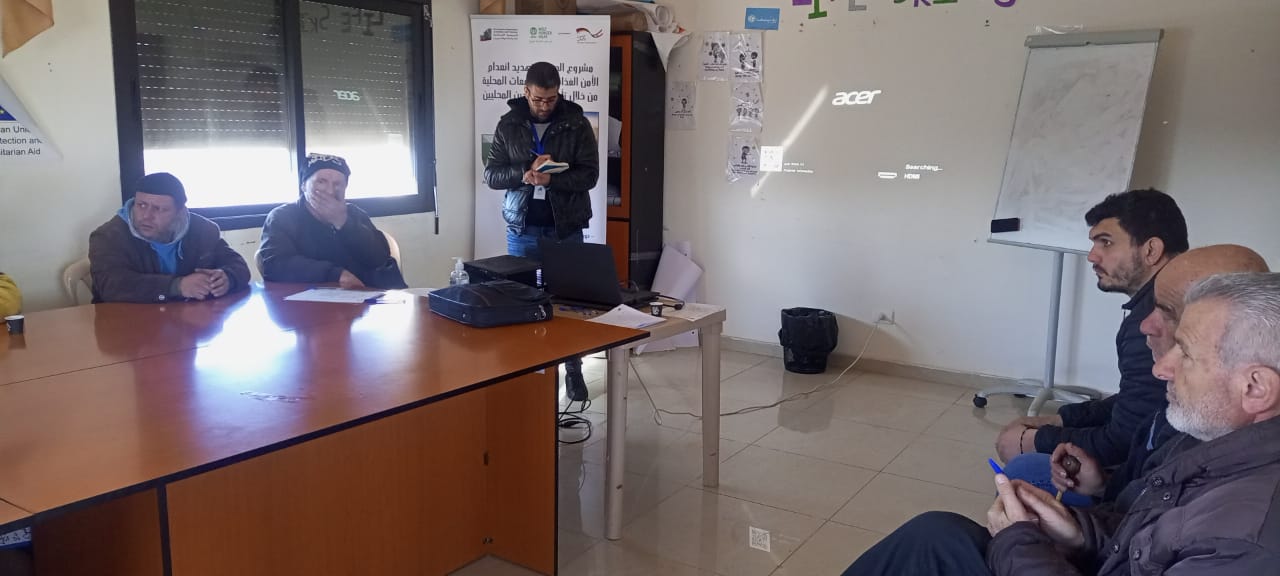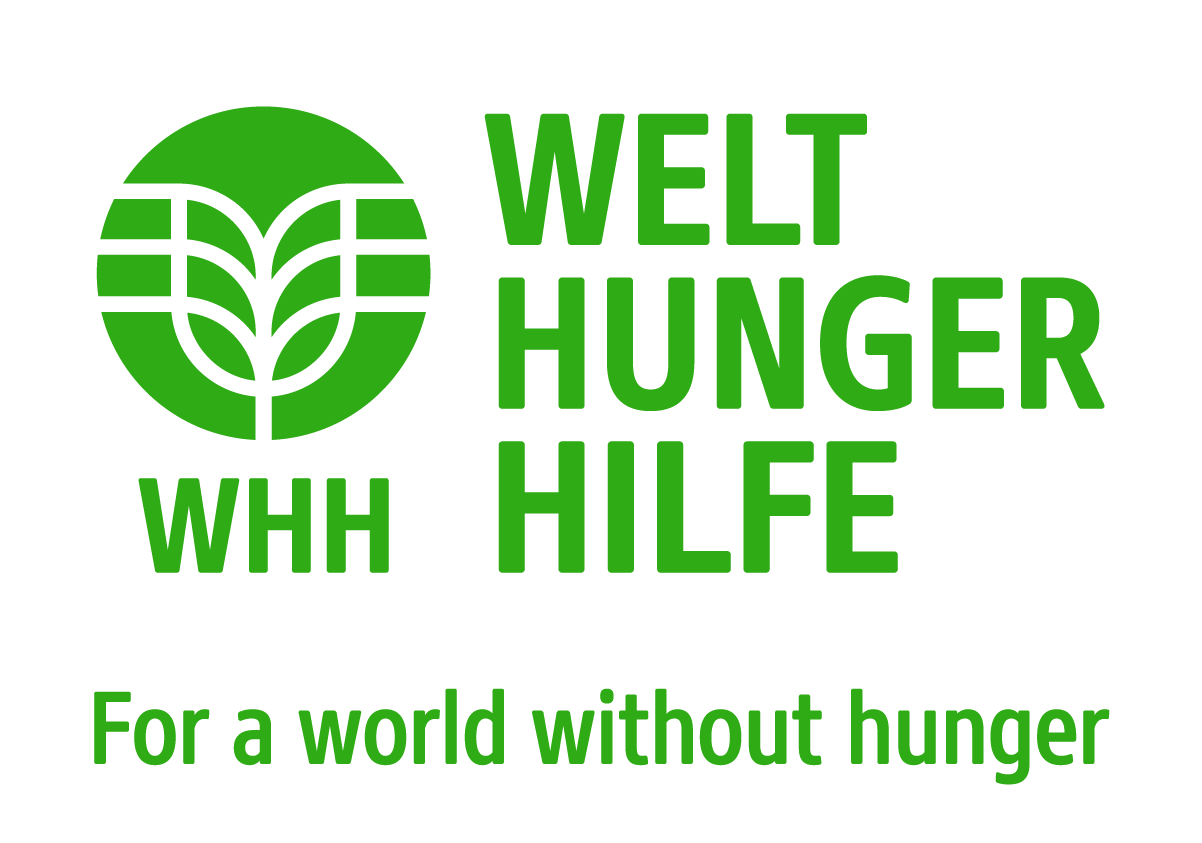Economic Security Through Agriculture Training in Lebanon
In the midst of Lebanon's ongoing financial crisis, many individuals have found themselves in search of alternative sources of income to bridge the gaps in their basic livelihoods and improve overall food security. To address these needs, Welthungerhilfe (WHH) and the Lebanese Organization of Studies and Training (LOST), with financial support from Deutsche Gesellschaft für Internationale Zusammenarbeit (GIZ), have been working on the ground to empower local producers, including farmers and agro-food processors through technical trainings.

|
© LOST, Baalbeck, Lebanon August 2023 |
Among the beneficiaries of this support is Ali, a 33-year-old farmer from Harbata. Ali used to work as a teacher at a school in his homeland. However, the multifaceted crisis that unfolded in Lebanon since 2019, followed by the COVID-19 pandemic, negatively impacted all aspects of daily life. Ali's teaching job was no longer sufficient to sustain him.
Ali was determined to find more sustainable opportunities, continued his teaching career while simultaneously dedicating himself to enhance his farming skills and knowledge. He decided to utilize his land to venture into farming, focused on planting winter crops like wheat and lentils to not only increase his income but also create a more secure livelihood.
Ali reached a significant milestone on his journey towards becoming a more knowledgeable farmer. when he involved with LOST’s 'Reducing Food Insecurity Threat to Local Communities by Capacitating Local Producers' project. This project specifically targeted beginner farmers in Baalbeck/Hermel. Ali eagerly attended every training session offered by the project, acquiring valuable knowledge that challenged his previous misconceptions about agriculture. Thanks to these consecutive trainings, Ali managed to reduce his production costs and improve his agricultural practices, from land preparation to post-harvest stages.One of Ali's most difficult challenges had been dealing with weevils, which had caused significant losses in his lentil production in the previous year. The project provided training on harvest and post-harvest practices, including fumigation practices. Ali learned that weevils could be transferred from the field to storage facilities, resulting in further losses, but that they could be controlled through fumigation.
This year, when Ali noticed signs of weevil infestation during the harvest, he promptly initiated fumigation after the harvest, and ensured cleanliness and safety of his crop. As a result of this newfound knowledge, Ali's income increased significantly. He experienced zero losses and was able to sell his crop at premium prices.
Ali's business has taken a remarkable turn for the better. With a fruitful harvest this year and no longer plagued by worries about pests, he has found sustainability in his work. Thanks to the activities Ali has evolved from a period of financial insecurity into a confident farmer and ensured a brighter future for himself and his family.
